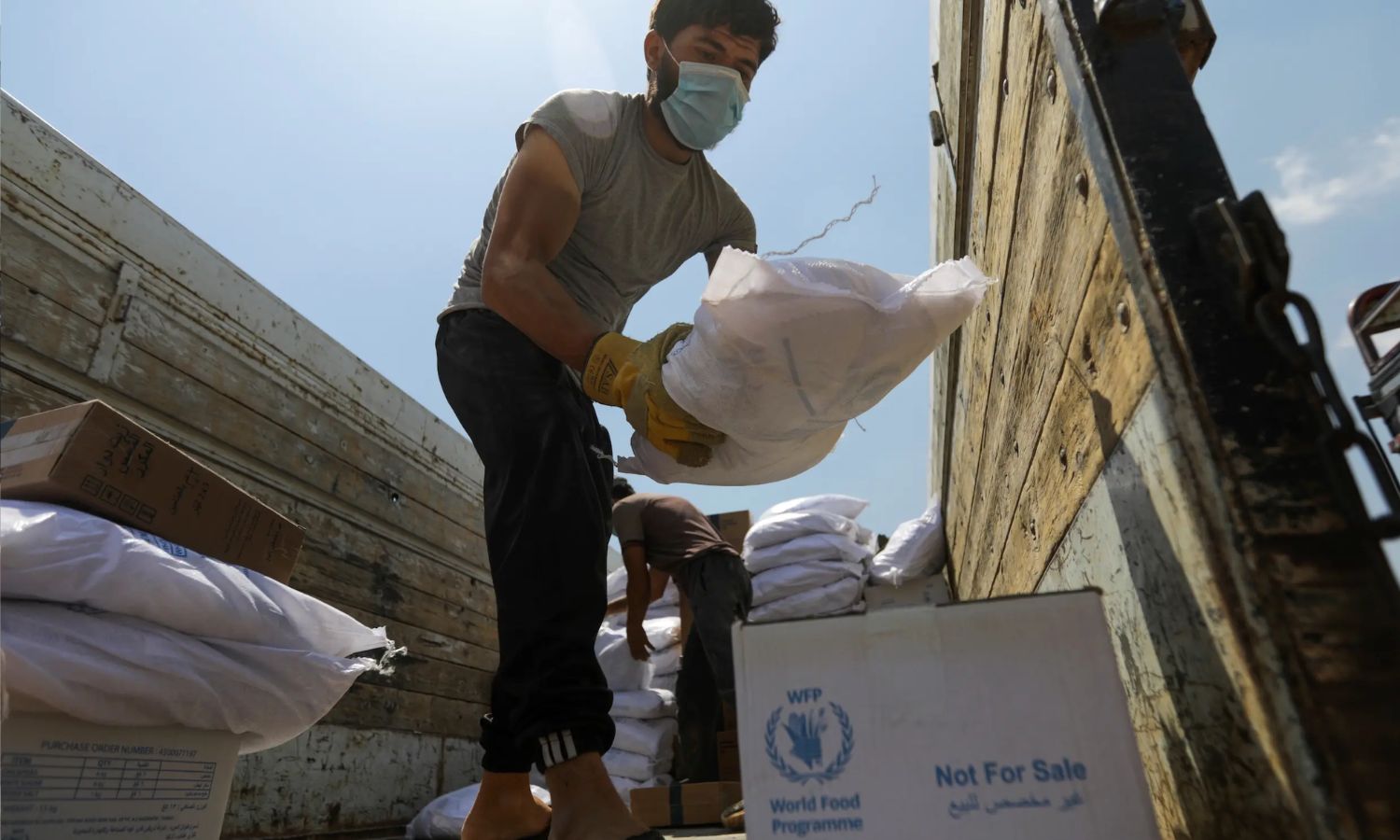



Human Rights Watch (HRW) reported that the comprehensive sanctions imposed by the United States, the European Union, the United Kingdom, and other countries hinder the restoration of basic services in Syria.
The organization stated in a report today, Tuesday, February 18, that the sanctions imposed on the former government of Bashar al-Assad are still in place despite its collapse, and they do not include clear and measurable conditions for their lifting, which increases the suffering of millions of Syrians.
More than 90% of Syrian families live below the poverty line, while at least 13 million people (or more than half of the population) suffer from lack of access to sufficient food or cannot afford it, according to the organization.
Additionally, 16.5 million people need humanitarian assistance to meet their basic needs.
The organization emphasized that the extensive sanctions negatively affect reconstruction efforts, estimating that Syria needs more than $250 billion to rebuild the country, including infrastructure, basic services, and economic recovery.
The healthcare system in Syria is also in acute crisis, with more than half of the hospitals non-functional, while the infrastructure for water and education has been significantly damaged, with thousands of schools and treatment plants destroyed.
The education sector faces a crisis, as more than 7,000 schools have been damaged or destroyed, and roughly two million children are out of school.
For her part, the organization’s senior researcher on Syrian affairs, Hiba Zayadin, stated, “Syria is in dire need of reconstruction, and Syrians are struggling to survive. With the collapse of the former government, the extensive sanctions have now become a major obstacle to restoring basic services such as healthcare, water, electricity, and education.”
Zayadin added, “Instead of using broad sectoral sanctions as a pressure tool to achieve changing political goals, Western governments must recognize the direct harm they cause to civilians and take tangible steps to lift the restrictions hampering access to basic rights.”
She pointed out that “the piecemeal approach of temporary exemptions and limited concessions is not enough,” emphasizing the importance of lifting sanctions that harm civilians.
Human Rights Watch stressed the need for the entities imposing sanctions to prioritize the welfare of Syrian civilians by lifting restrictions that obstruct their access to basic services such as electricity, healthcare, water, and education.
The organization asserted that sanctions that “inflict disproportionate harm on human rights or cause unnecessary suffering should not be punitive but should aim to deter and correct human rights violations.”
Syria has been subject to international sanctions for over 45 years, with the United States, the European Union, the United Kingdom, and other countries imposing stricter sanctions in 2011 on the previous Syrian regime, as well as its officials and entities, in response to war crimes and human rights violations committed.
These sanctions include asset freezes, travel bans, restrictions on trade and financial transactions, and a ban on the purchase of Syrian crude oil.
The United States and European countries made limited adjustments to their sanction policies after the fall of the Syrian regime. In January, the US Treasury Department issued exemptions aimed at facilitating the entry of humanitarian aid into Syria for a period of six months, with monitoring of what occurs on Syrian territory, while the European Union proposed a conditional plan to ease sanctions.
Britain is also considering amending its sanctions regime in Syria.
The head of the Investment Authority in Syria, Ayman Hamawiye, stated that the Western sanctions imposed on the Syrian banking sector hinder vital investments.
Hamawiye considered that the steps taken so far regarding sanctions are “insufficient.”
if you think the article contain wrong information or you have additional details Send Correction